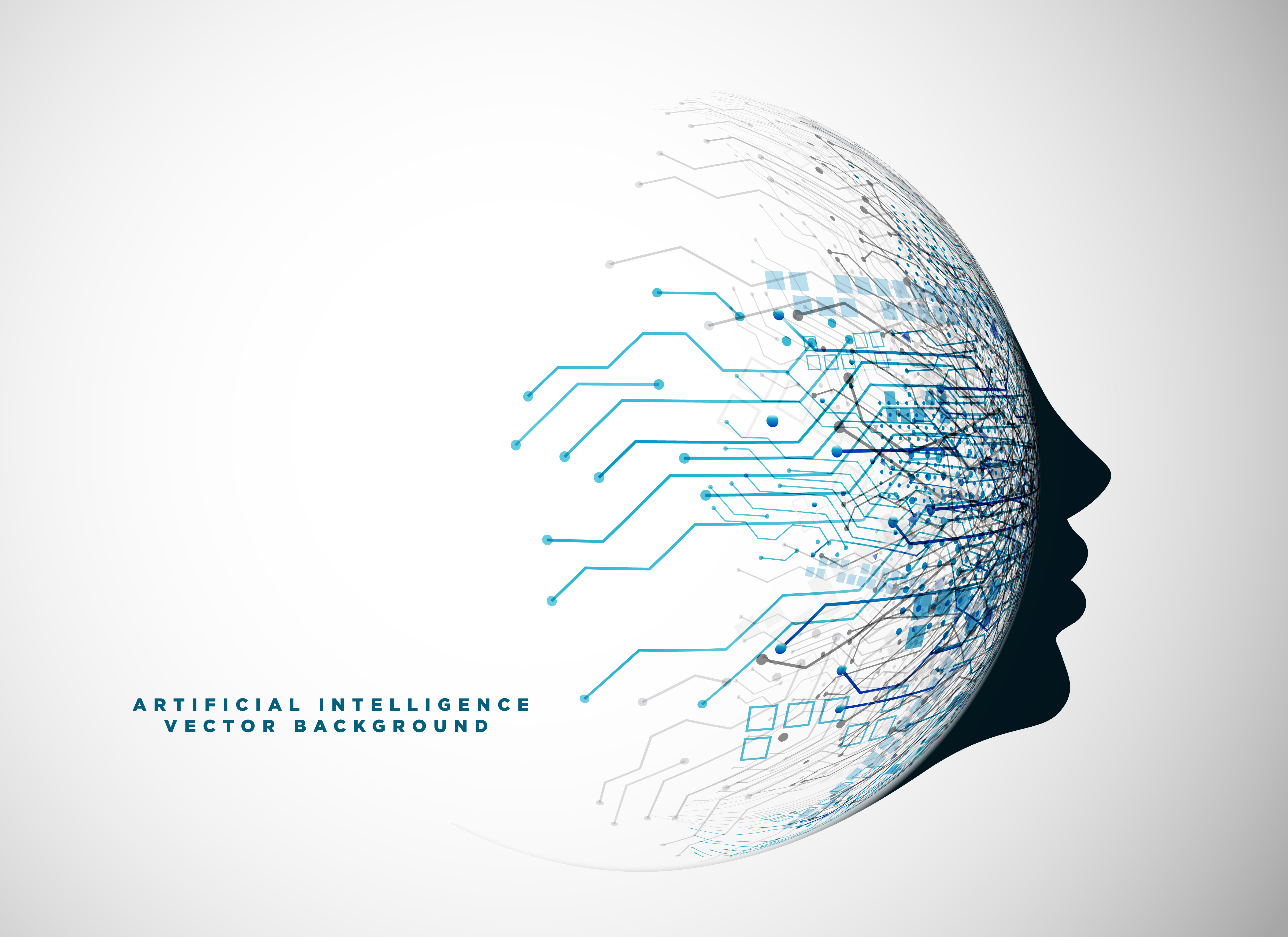AI Agents in Nonprofits: Advancing Social Causes
AI Agents in Nonprofits: Advancing Social Causes
Blog Article

In recent years, artificial intelligence has emerged as a transformative force across various sectors, and nonprofits are no exception. As organizations dedicated to social causes navigate the complexities of modern challenges, AI agents are stepping in to enhance their capabilities and streamline operations. These intelligent systems are designed to assist in numerous ways, from improving customer service to automating repetitive tasks, allowing nonprofits to focus more on their missions.
One notable example of this innovation is Shipable, a platform that enables nonprofits to create tailored AI agents. By offering customizable solutions, it empowers organizations to deploy AI technology that meets their specific needs, whether that involves managing donor inquiries, streamlining volunteer coordination, or providing support for beneficiaries. With the right tools at their disposal, nonprofits can harness the potential of AI to drive their initiatives forward and create a greater impact in their communities.
Building AI Agents with 'shipable'
In the ever-evolving landscape of technology, nonprofits are increasingly leveraging tools that enhance their efficiency and outreach. One such tool is 'shipable', a platform designed to empower organizations by simplifying the process of creating AI agents. By using 'shipable', nonprofits can build customized AI solutions tailored to their specific needs, whether that involves enhancing customer service, managing inquiries, or driving user engagement. This flexibility allows organizations to focus on their core missions while improving overall operational effectiveness.
The user-friendly interface of 'shipable' makes it accessible for teams that may not have extensive technical expertise. With pre-built templates and guided workflows, nonprofits can quickly deploy AI agents that support various functions. Whether it is automating responses to frequently asked questions or assisting in fundraising campaigns, 'shipable' provides nonprofits the tools to create impactful interactions without the need for a large in-house development team. This creates opportunities for smaller organizations to benefit from the advantages that AI technology offers.
Moreover, the scalability of AI agents built with 'shipable' means that as a nonprofit grows, its technological support can grow alongside it. Organizations can start with simple functionalities and gradually introduce more complex capabilities, such as data analysis or predictive outreach. This adaptability ensures that nonprofits are not left behind as they expand their services and reach. By harnessing 'shipable', organizations can effectively integrate AI into their strategic plans, enhancing their ability to advance social causes and connect with the communities they serve.
Impact on Nonprofit Customer Service
AI agents are transforming customer service across various sectors, including nonprofits. These intelligent tools provide immediate assistance, addressing inquiries from supporters and beneficiaries around the clock. Nonprofits often operate with limited resources, and the ability of AI agents to handle routine questions allows staff to focus on more complex issues, enhancing overall efficiency and support.
24/7 Automated Support
By leveraging AI agents, nonprofits can offer a more personalized experience to their stakeholders. These tools can analyze past interactions and tailor responses, creating a sense of connection and understanding. This personalized engagement not only improves satisfaction but also fosters deeper relationships with both donors and service recipients, ultimately leading to better outcomes for the organization's mission.
Furthermore, AI agents enable nonprofits to scale their outreach efforts effectively. As organizations grow, the volume of inquiries can become overwhelming. Implementing AI agents allows nonprofits to maintain quality service without the need to significantly increase their staffing. This scalability ensures that organizations continue to meet the needs of their communities while maximizing their limited resources.
Report this page